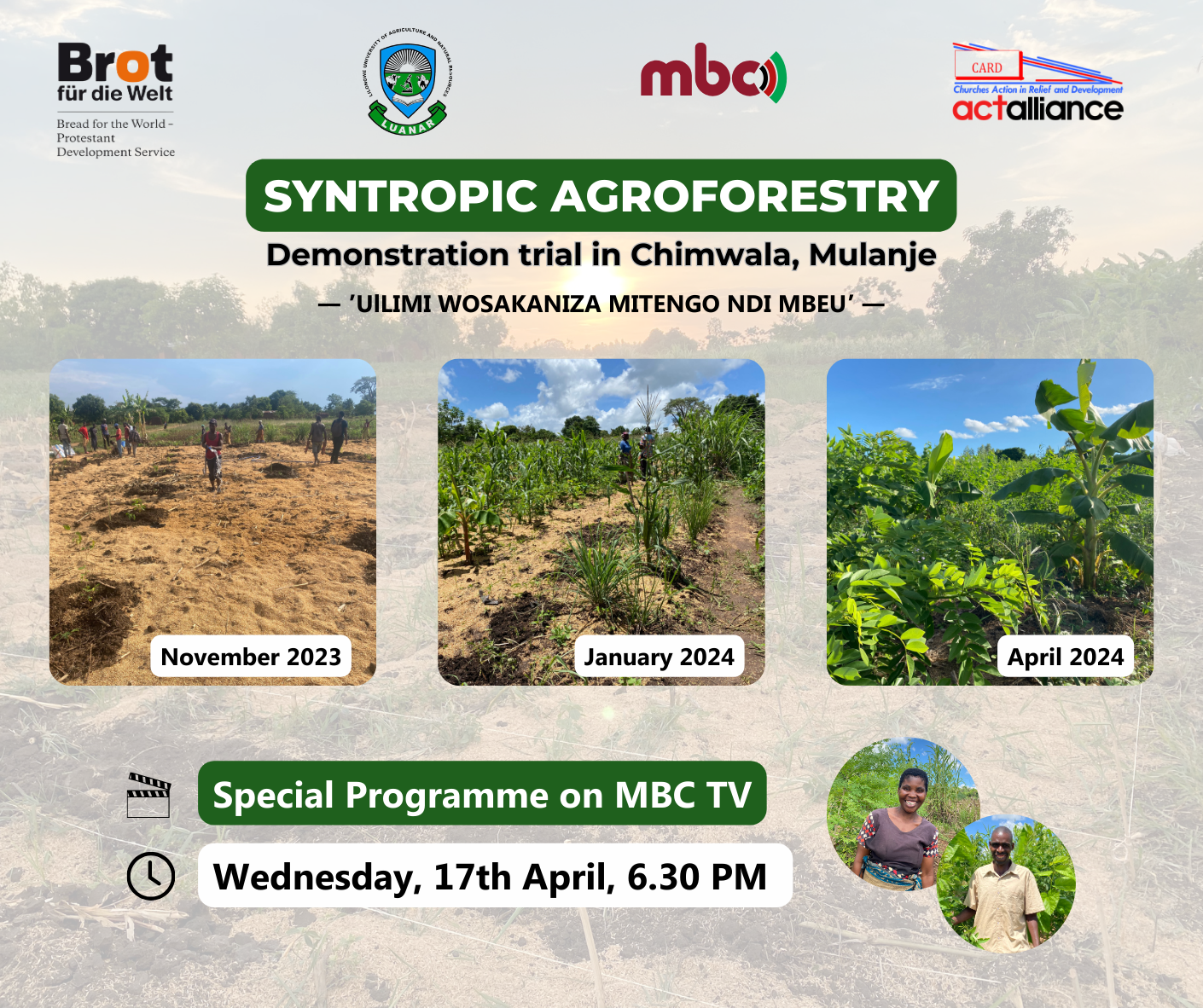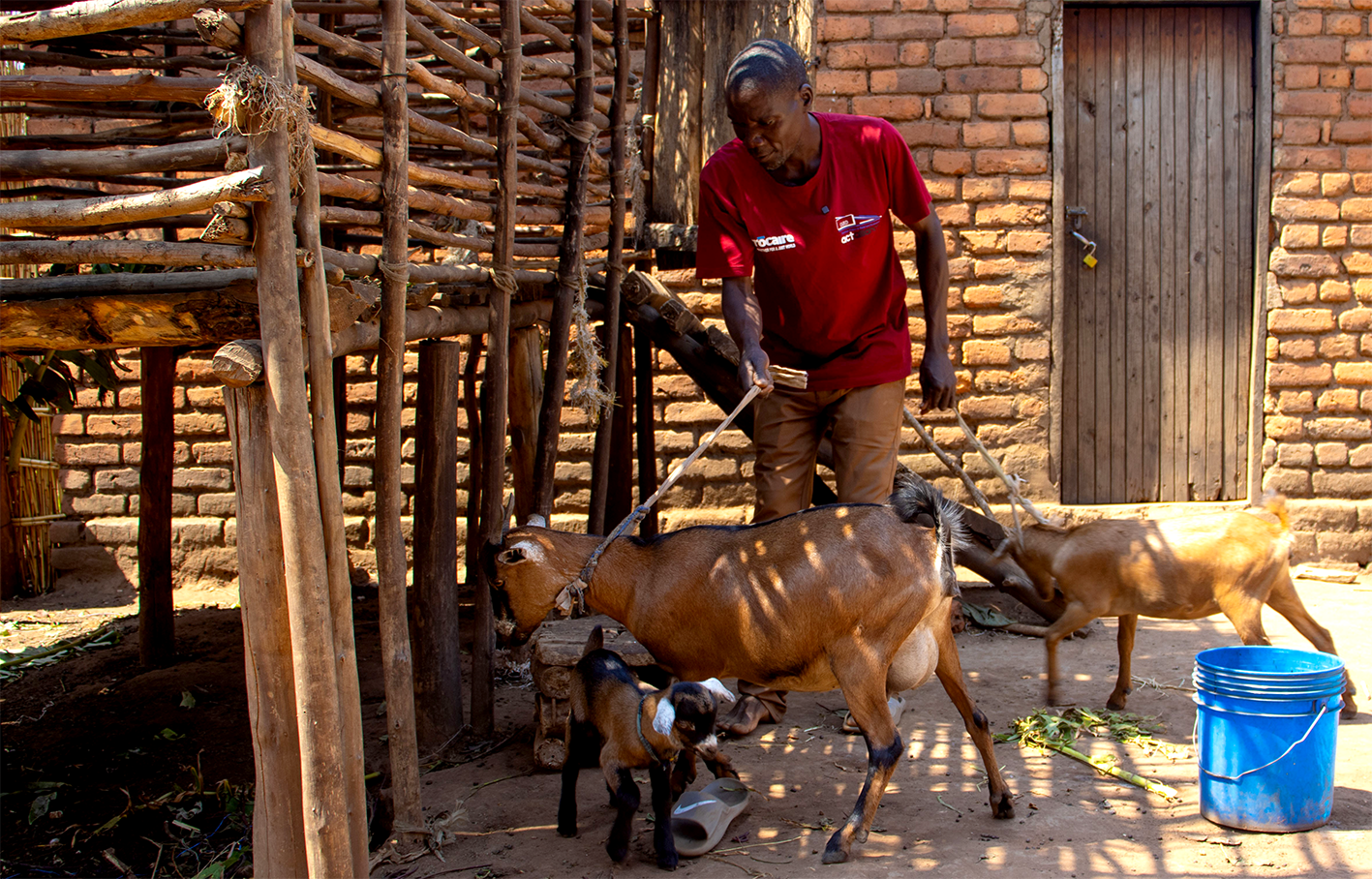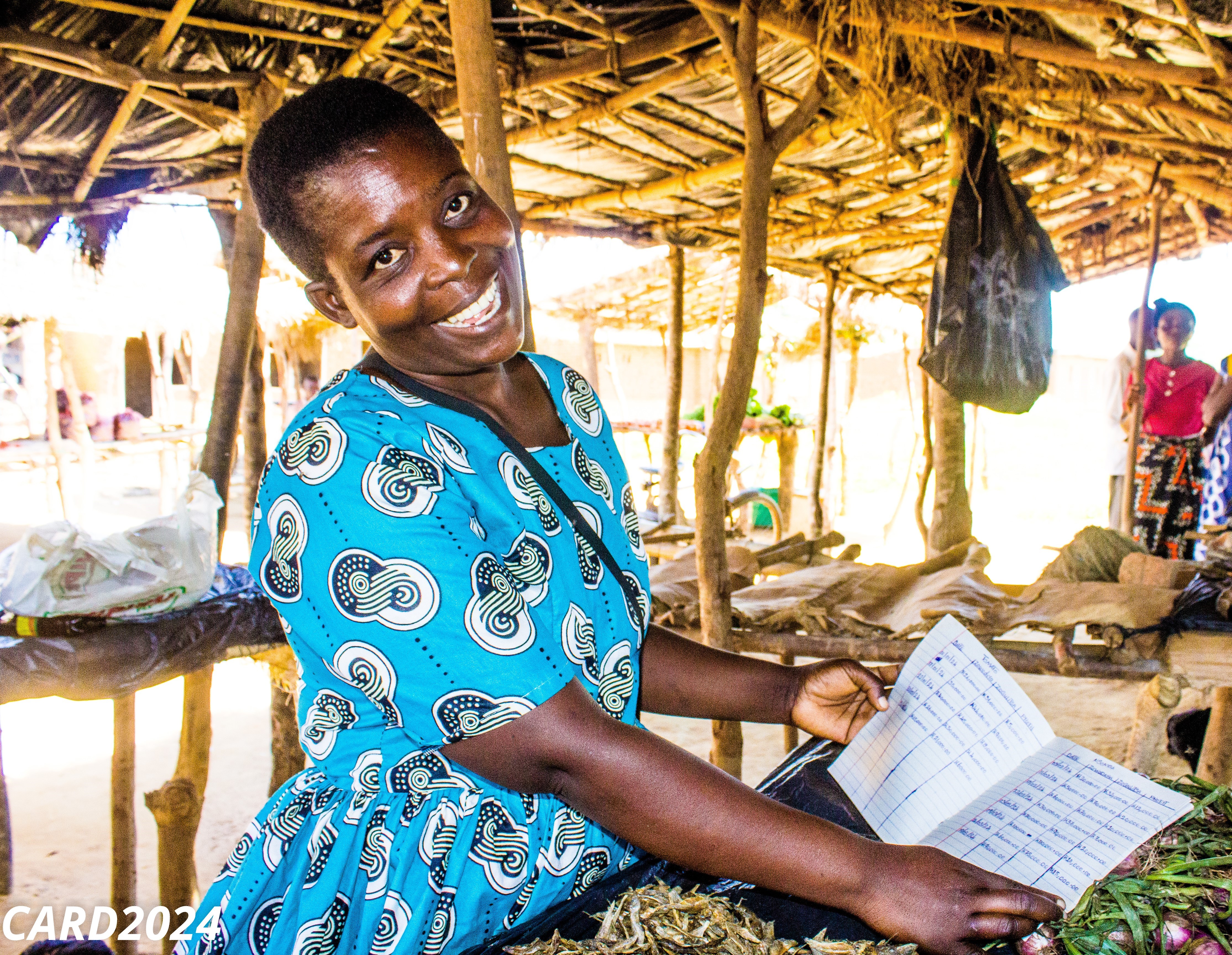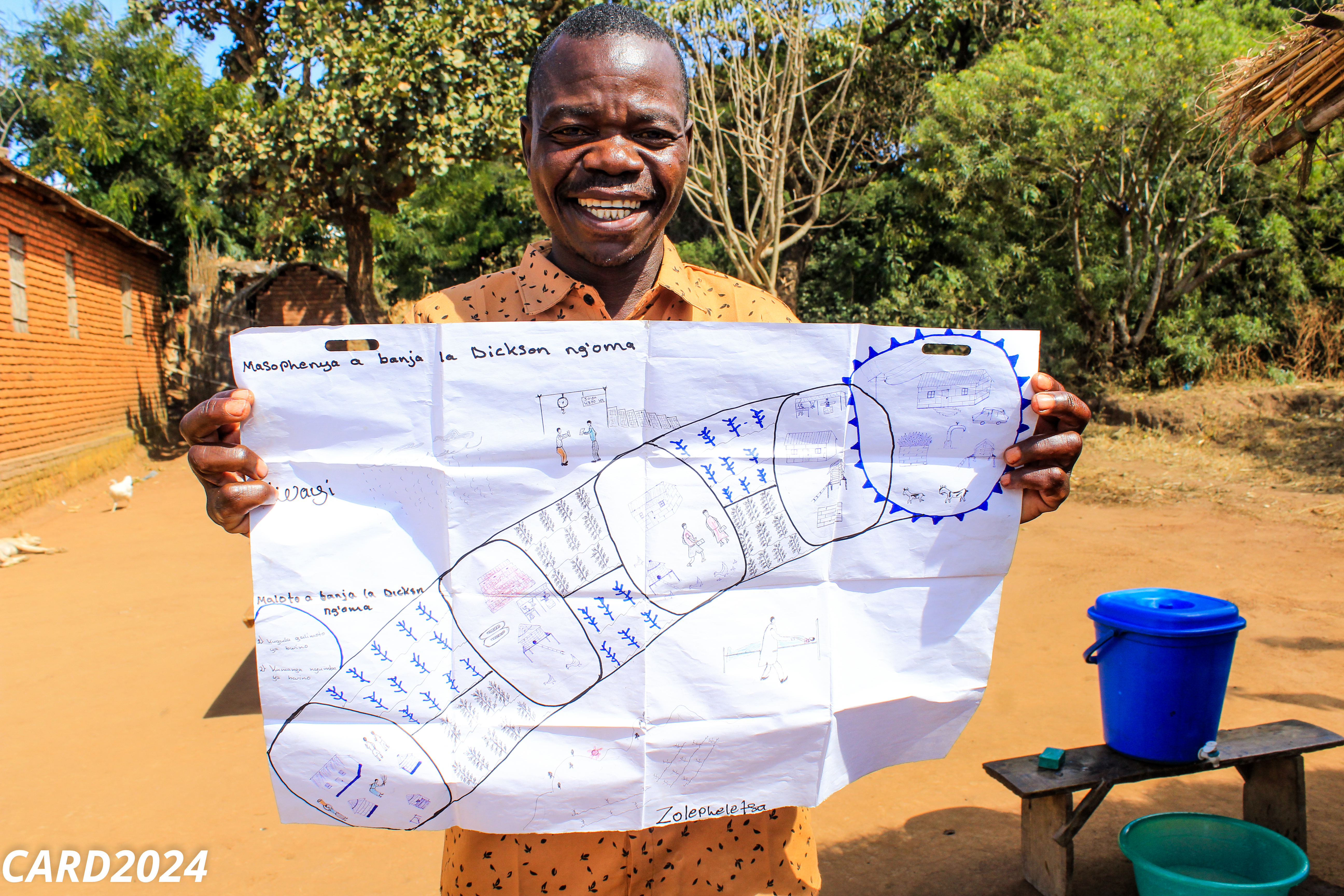Community rebuilds bridge, transforms lives in Machinjiri, Zomba
12 Sep, 2025
Community rebuilds bridge, transforms lives in Machinjiri, Zomba
Zomba, Malawi
- A community in Traditional Authority Machinjiri is celebrating a significant
transformation, to a locally-driven environmental initiative that has not only
restored a critical bridge but also brought hope, health and economic
empowerment to its residents.
For years, the residents of Machinjiri in Zomba
struggled with poor access to essential services due to the collapse of a key
bridge. During the rainy season, life would come to a standstill, children
could not attend school, businesses suffered and women found it nearly
impossible to access medical care.
“We could not cross this bridge during the rainy
season. I am able to carry my business to Chinamwali Trading Centre now, life
was difficult. Children failed to go to school, women were failing to access
medical care, there was no bridge for them to use,” shared Kumbukani Daisi,
a local resident. “Then we saw that members from Machinjiri Village Natural
Resources Committee were rehabilitating our bridge and for that, as a
community, we are grateful.”
This turnaround is part of the Biodiversity protection
and resilience project being implemented along Lake Chilwa with
support from Jersey
Overseas Aid (JOA), Scottish international Aid
Fund
(SCIAF), through Trocaire.
The Machinjiri Village Natural Resources Management Committee (VNRMC), composed
of 15 members, has spearheaded multiple environmental restoration efforts,
including planting trees and constructing check dams to fight soil erosion.
As part of the project’s incentive model, the
committee received beehives for honey production. This initiative proved
fruitful the group earned over 1.7 million Malawi Kwacha from honey
sales since last year. A portion of this money was deposited in the bank, while
the rest was used to launch a Village Savings and Loans (VSL)
group and rebuild the much-needed community bridge.
Among the committee members is Bertha Daglaus,
a mother of six, who spoke with emotion about how the project has touched her
family on a personal level.
“I had a child with ulcers and school was very
hard for her since she was getting sick frequently. Getting medical help was a
bit difficult for me. I just decided to be giving her honey and it worked. My
child was able to attend school without getting sick, and I’m so grateful,”
said Daglaus, smiling.
She added that the bridge reconstruction was a group
decision driven by the hardships they witnessed in their community.
“As a group, we also reconstructed the bridge. We
saw it necessary to do because kids and women used to face challenges accessing
basic needs due to transportation issues, the bridge has hugely benefited
children and women. It was hard to cross during the rainy season. Now children
can cross without difficulties others were even failing to go to school.
Accessing health facilities was a challenge for the kids and women; now they
are able to access those facilities without difficulty.” she said.
Looking ahead, the group plans to withdraw some
of their savings in December to invest further in farming and expand their VSL
operations. They also have a strong focus on giving back.
“We will use the money to buy uniforms for needy
students at Lifani Primary School and provide food for the elderly. We are even
thinking of rebuilding houses for the vulnerable,” Daglaus concluded.
We are implementing the project in partnership with Civil Society Network on Climate Change and Center for International Forestry Research-ICRAF
This story of self-driven development and
resilience in Machinjiri stands as a powerful testament to what communities can
achieve when empowered with the right tools and support.




